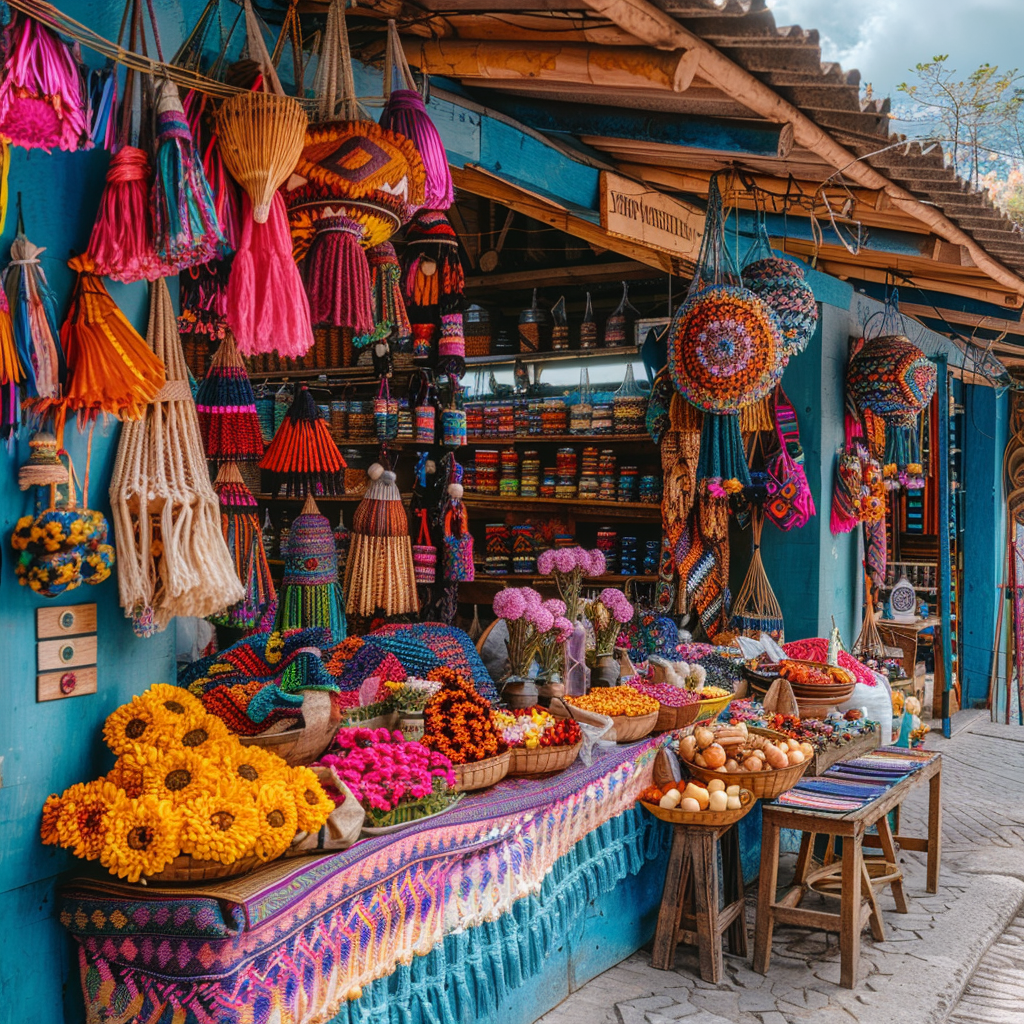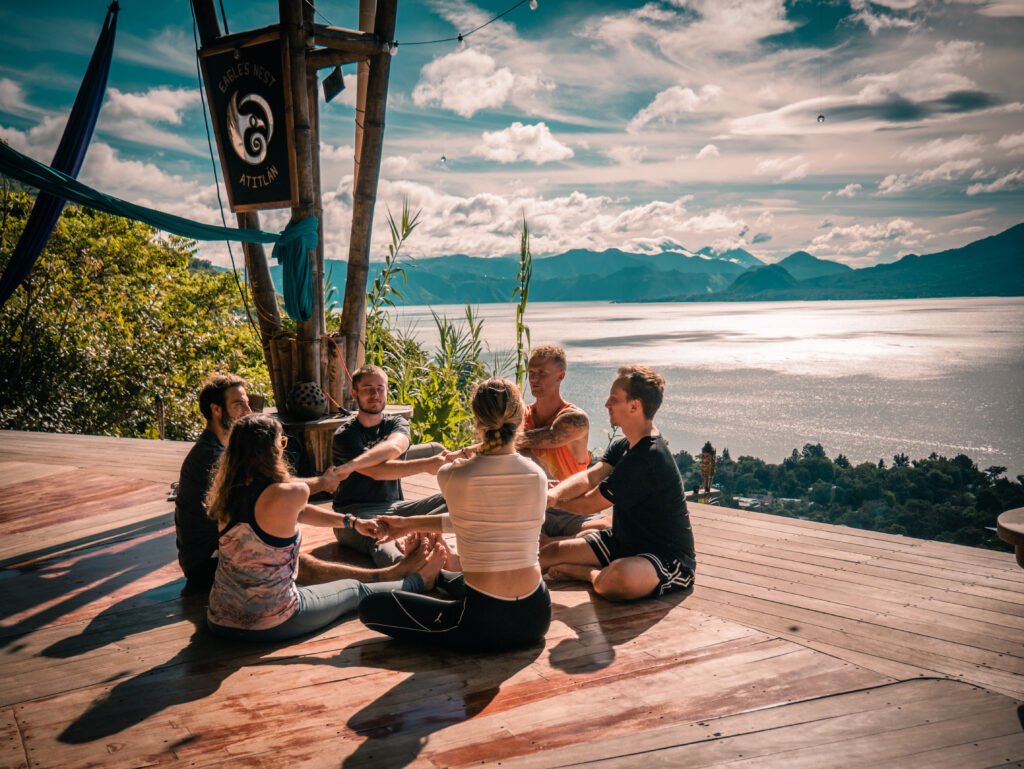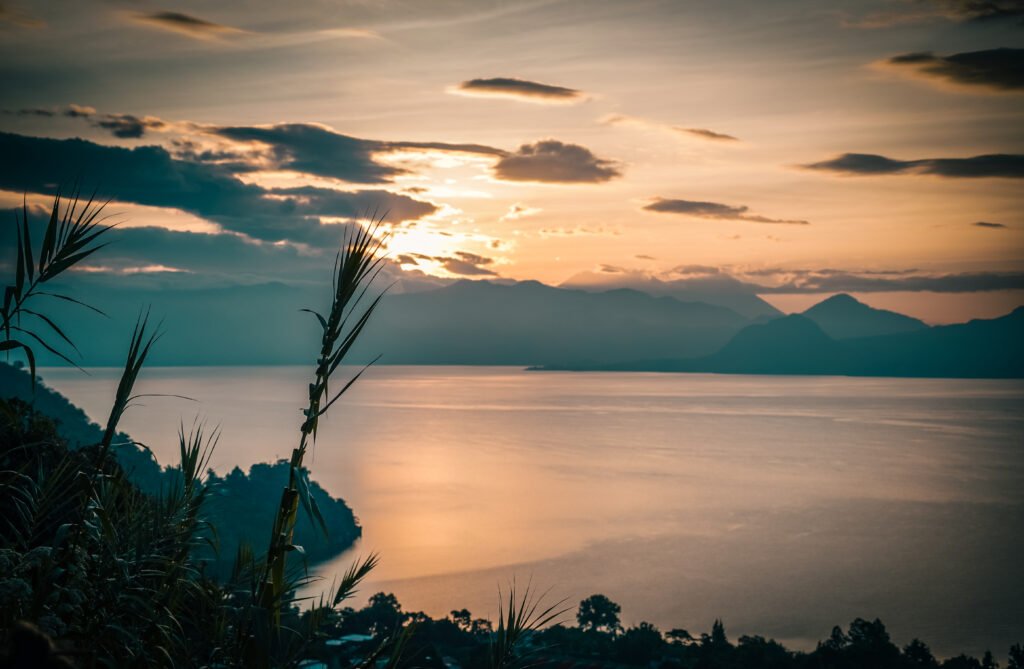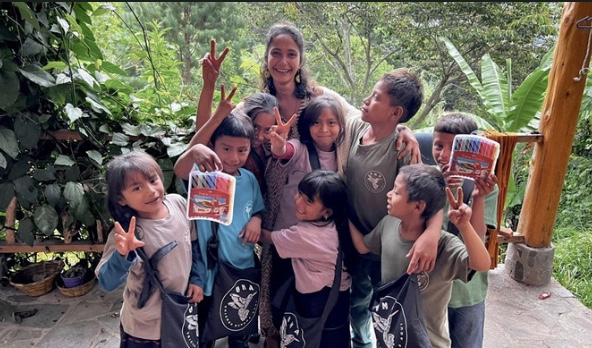Unveiling the Top 7 Realities: Living in Guatemala vs Venezuela

Comparative Overview of Life in Guatemala and Venezuela
Deciding to relocate or live abroad presents a tapestry of factors to consider. When contemplating a life in either Guatemala or Venezuela, one must examine the delicate fabric of each nation’s unique offerings and challenges. Both countries boast rich histories, vibrant cultures, and diverse landscapes. However, their current economic, social, and political climates paint distinctly different portraits of daily existence.
Economic Stability and Job Opportunities
Economic conditions serve as the cornerstone for quality of life in any country. Guatemala, known for its robust agriculture and burgeoning tourism industry, provides a plethora of opportunities, particularly for those skilled in trades or tourism-related services. Conversely, Venezuela’s economy has faced significant turmoil, characterized by hyperinflation, shortages, and a lack of foreign investment. Job openings are more scarce, with many positions being highly competitive or undercompensated due to the economic instability.
Social and Cultural Contrasts
Guatemala’s social tapestry is woven with threads of Mayan and Spanish influences, presenting a culture rich in traditions and community-centric values. The tightly-knit communities often mean that social structures and family ties play an integral role in daily life. Venezuela too revels in a vibrant cultural legacy, with a strong emphasis on family and celebrations. However, the social milieu is overshadowed by political unrest and emigration, which has significantly affected the country’s cultural cohesiveness.
Cost of Living Analysis
Housing and Utilities
The cost of living functions as a crucial parameter for anyone looking to settle in a new country. Guatemala offers relatively affordable housing, with utility costs that remain consistent with the expectations for Central America. On the other end of the spectrum, Venezuela, amid economic upheaval, has seen a dramatic shift in housing affordability. Nevertheless, disparities in utility services and their reliability are significant, often inflating the cost of living unpredictably.
Healthcare and Education Expenses
Healthcare in Guatemala is a mix of public and private facilities, with a range of services that are accessible yet vary widely in quality. Education, while available, often requires investment in private institutions for higher standards. Venezuela’s healthcare system has suffered heavily due to the economic downturn, with resources being extremely limited and often out of reach for the average citizen. The education system mirrors this decline, with many facing difficulties in accessing quality educational resources.
Security and Quality of Life
Crime Rates and Personal Safety
Safety concerns are prominent when evaluating a move to a new country. Guatemala has struggled with crime rates, particularly within certain regions, influencing the sense of security one might feel. Venezuela, struggling with political and economic crises, sees high crime rates, including violent crimes, which greatly impinge upon the general well-being and quality of life for its inhabitants.
Environmental and Living Conditions
Despite challenges, Guatemala offers lush landscapes, and efforts are ongoing to improve living conditions, especially in urban areas. Venezuela’s natural beauty is similarly undeniable, but living conditions vary greatly, with environmental factors often taking a backseat amidst the country’s other pressing concerns.
Immigration Policies: A Path to Residency
Exploring each country’s immigration policies uncovers a significant facet of the decision to move. Guatemala’s relatively straightforward residency process attracts those seeking a new home. In contrast, Venezuela’s complex and often restrictive immigration laws reflect its current political turmoil, posing a challenge for those wishing to settle there.
Navigating the Linguistic Landscape
Language Barriers and Communication Nuances
Language remains a defining feature of cultural and daily life. Both Guatemala and Venezuela primarily speak Spanish, and while this presents an accessible linguistic landscape for Spanish speakers, nuances and regional dialects offer unique communication challenges that require adaptation and a willingness to learn.
Expat Communities: Support and Integration
Future Outlook: Economic and Political Forecasts
The future economic and political forecasts of Guatemala and Venezuela paint contrasting pictures. Guatemala shows signs of steady growth and increasing stability, while Venezuela’s path to recovery appears fraught with uncertainty. As such, potential expatriates must weigh the possible trajectories of each nation when considering their long-term plans.
In summary, a side-by-side evaluation of life in Guatemala versus Venezuela offers a spectrum of considerations spanning from economic viability to social integration. An informed decision hinges on a deep understanding of each country’s intrinsic qualities and external circumstances.

FAQ: Questions and Answers of Living in Guatemala vs Venezuela
How much money do you need to live comfortably in Guatemala?
The amount of money needed to live comfortably in Guatemala can vary widely depending on lifestyle, location, and personal expectations. As of my knowledge cutoff in early 2023, in urban areas like Guatemala City, a single person may require between $700 to $1,500 per month, while a family of four might need between $2,000 and $3,500 per month to cover all expenses, including housing, utilities, food, transportation, and entertainment. These figures can be lower in rural areas but living comfortably often encompasses considerations for safety, convenience, and recreational activities, which could adjust these estimates upward.
How much is a gallon of milk in Guatemala?
The price of a gallon of milk in Guatemala can fluctuate based on factors such as location and the type of store. However, on average, a gallon of milk might cost between 30 to 45 Quetzales (approximately $3.90 to $5.80 USD as of early 2023). Keep in mind that milk is more commonly purchased in liter containers in Guatemala, and this conversion to gallons is for comparative purposes.
How much is a bottle of beer in Venezuela?
The cost of a bottle of beer in Venezuela is heavily influenced by inflation and ongoing economic fluctuations. Prior to hyperinflation, a beer could cost a reasonable amount relative to local wages, but with the economic instability, prices can vary greatly. As of my last update, a bottle of beer in a local supermarket might range from 50,000 to 150,000 Bolivares or more, depending on the brand and location. However, exchange rates and purchasing power parity can greatly affect how these prices are perceived by visitors.
What is the average cost of living in Venezuela?
The average cost of living in Venezuela has been quite volatile due to the country’s economic instability and hyperinflation. For locals, costs can be prohibitively high, with basic goods and services being unaffordable for many. For expatriates with access to foreign currency, the cost of living can be relatively lower, as foreign currencies have stronger purchasing power. It’s difficult to provide exact figures due to rapid changes in the economy, but expatriates might expect to spend anywhere from a few hundred to a couple of thousand US dollars per month, depending on their lifestyle and spending habits.
What is the real estate market like in Guatemala?
The real estate market in Guatemala varies significantly from urban to rural areas. Guatemala City and Antigua are hotspots for international and local real estate investors. In these areas, you can find modern apartments and historic homes. Prices for purchasing property can range from affordable to quite high-end, with luxurious properties in exclusive zones commanding prices similar to those in North America or Europe. Rental markets also vary, with something to suit many budgets, and expatriates often choose to rent rather than buy.
Is it safe to drink tap water in Guatemala?
It is generally not recommended to drink tap water in Guatemala due to concerns about water quality and potential contamination. Most locals and visitors opt for bottled water or water that has been properly treated through filtration, boiling, or using water purification tablets. Some homes and hotels may have filtration systems installed, but it’s always best to inquire about the safety of the water before consumption.
What are common transportation options in Venezuela?
Common transportation options in Venezuela include buses, metro systems in larger cities like Caracas, and taxis. The availability and reliability of public transportation can vary, and there has been a decline in the quality and safety of public services due to economic challenges. Many Venezuelans rely on personal vehicles, motorcycles, or informal ‘pirate’ taxis. With fuel shortages in recent years, transportation has become increasingly challenging.
Can foreigners own property in Guatemala?
Yes, foreigners are allowed to own property in Guatemala with some restrictions. Foreigners cannot own land directly adjacent to rivers, oceans, and international borders. In most other cases, property ownership is quite straightforward and does not require residency. However, it’s important to work with a reputable real estate agent and lawyer, as the process may involve different types of legal considerations compared to other countries.
Summary of Living in Guatemala vs Venezuela
In this comprehensive exploration, we dove deep into the nuances of life in both Guatemala and Venezuela, offering expats and potential migrants a comparative glimpse into each country. By examining the critical aspects of economic stability and job prospects, we illuminated the opportunities and challenges faced within these contrasting economies. Our cultural journey shed light on the rich social tapestries that define the daily experiences of their people.
The cost of living analysis revealed the pragmatic details of what it takes to sustain a life in Guatemala versus Venezuela, focusing on essential factors such as housing, utilities, healthcare, and education expenses. Security and quality of life were weighed, especially regarding crime rates and personal safety, alongside the environmental and living conditions one might expect in these vibrant, yet distinct countries.
We further discussed how immigration policies shape the prospect of building a life in Guatemala and Venezuela, guiding potential residents through the legal labyrinth towards residency. The role of language was not overlooked, as we explored the impact of communication nuances and barriers that might arise in Spanish-speaking environments that are rich in local dialects and expressions.
The presence and support offered by expat communities provided insights into the integration process, proving to be a backbone for those seeking to find their place in a new country. Concluding the discussion, future economic and political forecasts allowed us to speculate on the trajectory of life and opportunities in Guatemala and Venezuela, leaving readers better equipped to make informed decisions about their potential new homes.
In summary, this blog stands as a detailed guide for anyone considering the leap into either Guatemala or Venezuela, painting a realistic picture of what to expect and how to navigate the various facets of these culturally rich and diverse nations.

Looking for a place to stay? At Eagles Nest Atitlan we offer all inclusive rooms. Take advantage of the yoga classes, delicious traditional food, and breathtaking views that are at your disposal. Book here.




